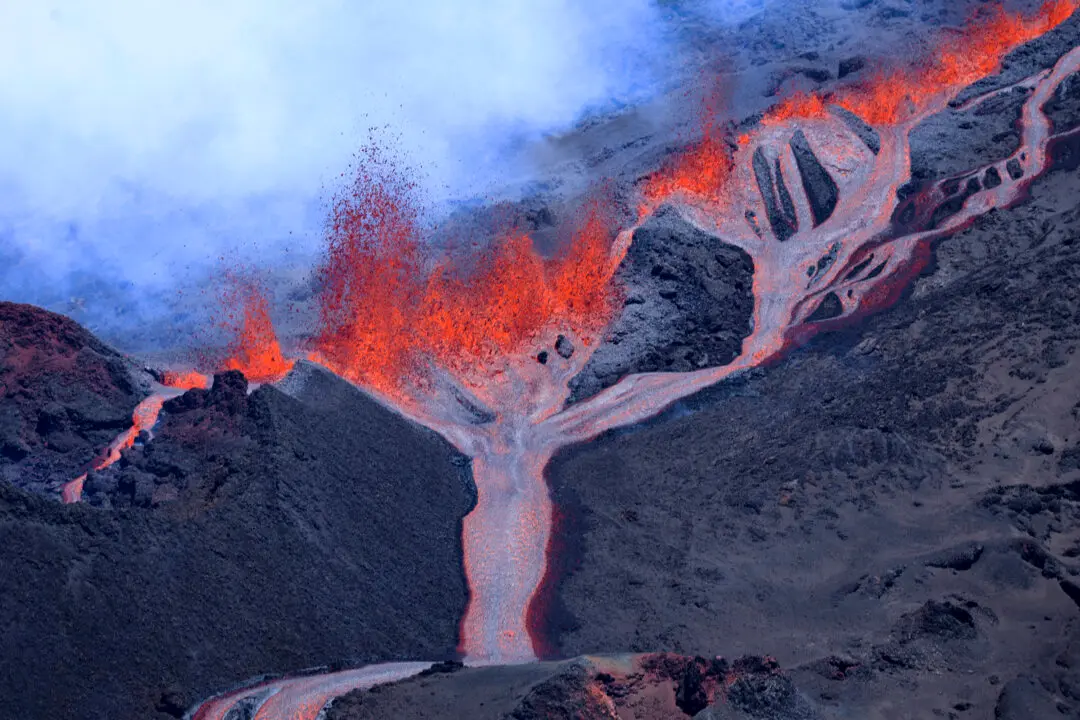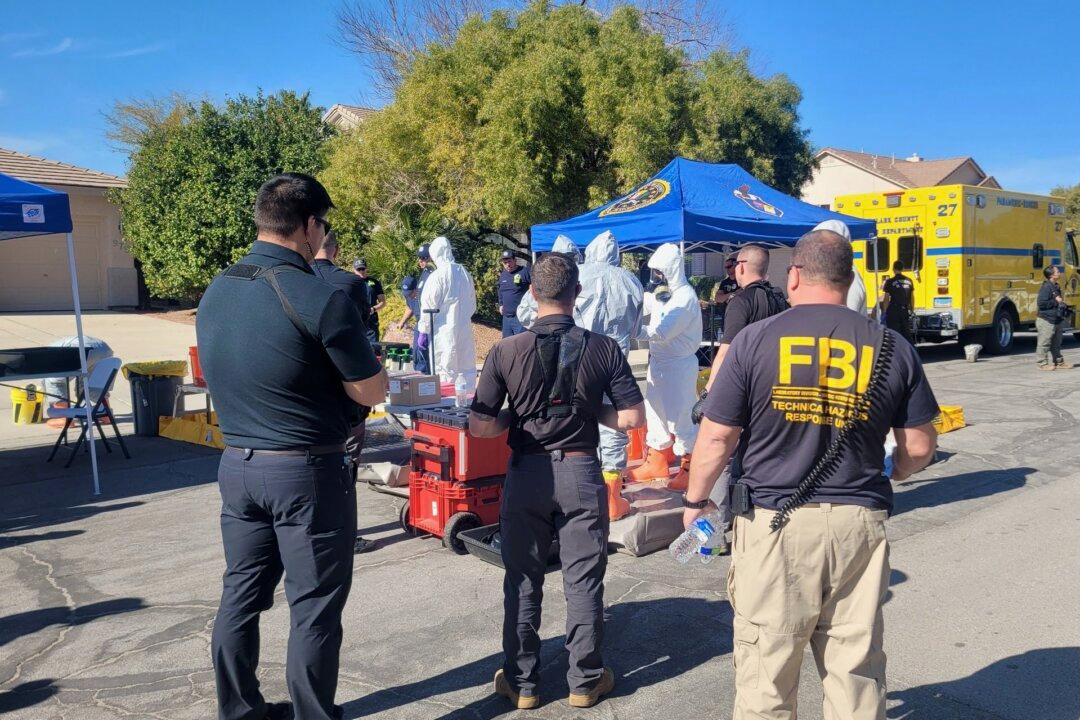Michigan voters helped swing the Electoral College to Donald Trump in 2016 and then to Joe Biden in 2020. The votes were close in each election, with the winner decided by 0.2 percent in 2016 and 2.8 percent in 2020.
The state’s major cities, including Detroit, Ann Arbor, Lansing, and Grand Rapids, are Democratic strongholds, while the smaller cities and rural areas tend to vote Republican in national elections.





